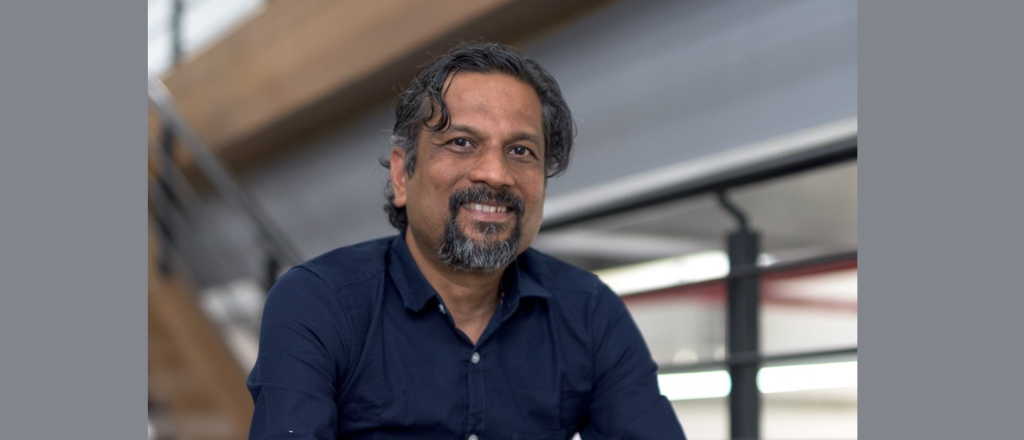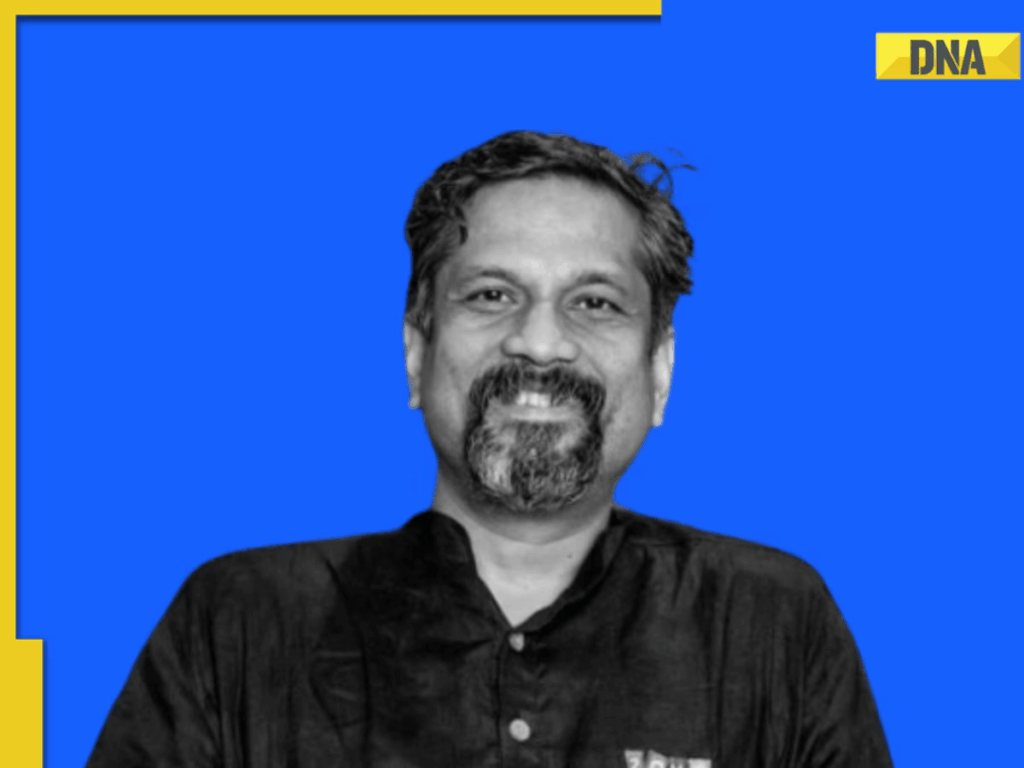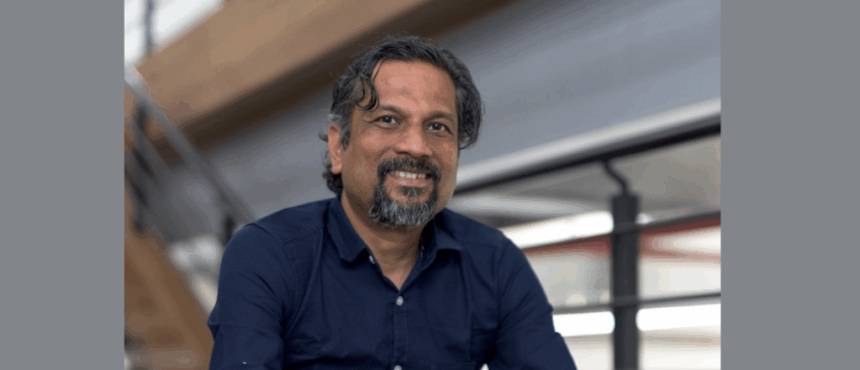In this post, I want to talk about Sridhar Vembu, the CEO of Zoho’s, reasoning on how AI technology could potentially bankrupt the middle class instead of solely taking their jobs.
He emphasizes on how artificial intelligence could lead to a concentration of wealth and literally displace millions of workers, which in turn lessens society’s economic backbone — threatening the global middle class far more than just job loss.
Overview
In a new and deeply interesting analysis, Sridhar Vembu, CEO of Zoho Corporation, has confidently stated that the growing developments in Artificial Intelligence (AI) Technology could do more than displace jobs–it could completely bankrupt the middle social class.

Considering this viewpoint stemming from one of India’s foremost technology entrepreneurs undoubtedly adds fuel to the raging fire regarding AI’s impact on employment opportunities, socio-economic disparity, and even the long-term stability of society.
From Job Loss to Financial Collapse
The common conversation around AI technology often focuses on automation and the waves of unemployment it brings. Most concerning are the white-collar jobs — customer service, accounting, legal research, journalism, and programming.
While these shifts do bring about concern, Vembu warns that the economic transformation caused by AI is predicted to eliminate jobs but also erase the middle class’s economic influence. This means they will be incapable of participating in or barely surviving in the new AI-induced economy.
Vembu explains that the middle class relies significantly on a steady flow of wage earning jobs. The precise opposite is exactly what AI is set to scale disrupt.
As more organizations begin to adopt intelligent systems capable of performing intricate cognitive functions, there is every reason for businesses to curtail their reliance on human workers. In turn, this will trigger an aggressive race to the bottom in wages alongside widespread scarcity of jobs which will lead to a plummet in consumer spending power—a vital component for any stable economy.
The Concentration of Wealth and Power
As identified by Vembu, the single most pressing issue of concern is the concentration of power in the era of AI. In contrast to previous technological waves like the industrial revolution or the internet age
Which ultimately facilitated unprecedented levels of employment and entrepreneurship, AI has the potential to further concentrate wealth. This is because the data models, computing resources, and high-end AI infrastructure are controlled exclusively by a few companies.

Because of this imbalance, massive profits are being gained by a handful of american and chinese tech companies while middle-class populations in developed and even developing countries face economic stagnation. As Vembu puts it, this threatens to form “a world of billionaires and beggars.”
Education and Upskilling May Not Be Enough
A common approach to solving the job displacement issue is to promote mass upskilling and help workers acquire skills for “future jobs”. Vembu argues this theory does not help in the long run.
As generative AI continues evolving, performing tasks like writing software, designing graphics, calculating functions, and generating medical and legal documents; human performers need to step up the game even more.
Moreover, elite schooling or retraining programs are not accessible to everyone, especially those living in rural areas or underserved communities.
This gap may rapidly increase the economic divide. Vembu focuses on the point that AI has a limited ability to create high-paying positions which can easily offset mid-level income jobs it replaces.
The Need for Inclusive Innovation
Vembu has long been an advocate for innovation done at the edge or on the margins. He famously runs Zoho from rural Tamil Nadu looking outside the metropolitan areas for talent and helping them grow.
His answer to AI problem is similarly bottom-up in nature – he asks policymakers and business leaders to invest in education at the grassroots level, localized software development, and low-priced infrastructure targeted toward small businesses and grassroots communities.
Instead of depending completely on foreign tech giants for AI products and services, Vembu thinks that countries should build local capacities and spend money on internal systems.
This would shift economic reliance along with giving locals a stake in the AI economy. The aim goes beyond job creation; it’s about establishing strong, independent systems that can flourish even when overshadowed by sophisticated technologies.
Policy Action: More Than Regulation
As some world leaders propose AI regulations to control misinformation, copyright disputes, and bias issues, Vembu highlights a different kind of policy urgency — an economic injustice.
He suggests that government policies are needed for equal distribution of AI tools, advancement in the public education system designed for the AI era, and funding for small-scale innovations that serve human needs instead of capitalistic efficiency.
He also cautions against blindly embracing artificial intelligence without regard to its impacts on society. Governments must move away from age-old economic frameworks and shift focus from GDP growth to humanity’s dignity.
If a large portion of white-collar jobs gets automated and there is no provision for new microwork opportunities, the outcome would not only be social unrest, but also a collapse of the social contract.
A Wake-Up Call
Sridhar Vembu’s warning is one that should get all governments, businesses and social services into serious action.
The dialogue surrounding AI must shift from its tech wonders and streamlining efficiencies to the impact of technology on society for years to come. It isn’t only about losing jobs; rather, it is a complete economic restructuring risk.
The aftershock of a middle-class collapse poses a huge threat through reduced consumer spending, weakened democratic structures, and growing populism instigated by economic hopelessness.
To curtail this possibility, Vembu suggests moving away from centralized AI winner-takes-all approaches towards community-centered AI ecosystems that are more balanced and socially responsible. “The AI revolution must be anchored in humanity—or it risks destroying the very people it claims to serve.”









